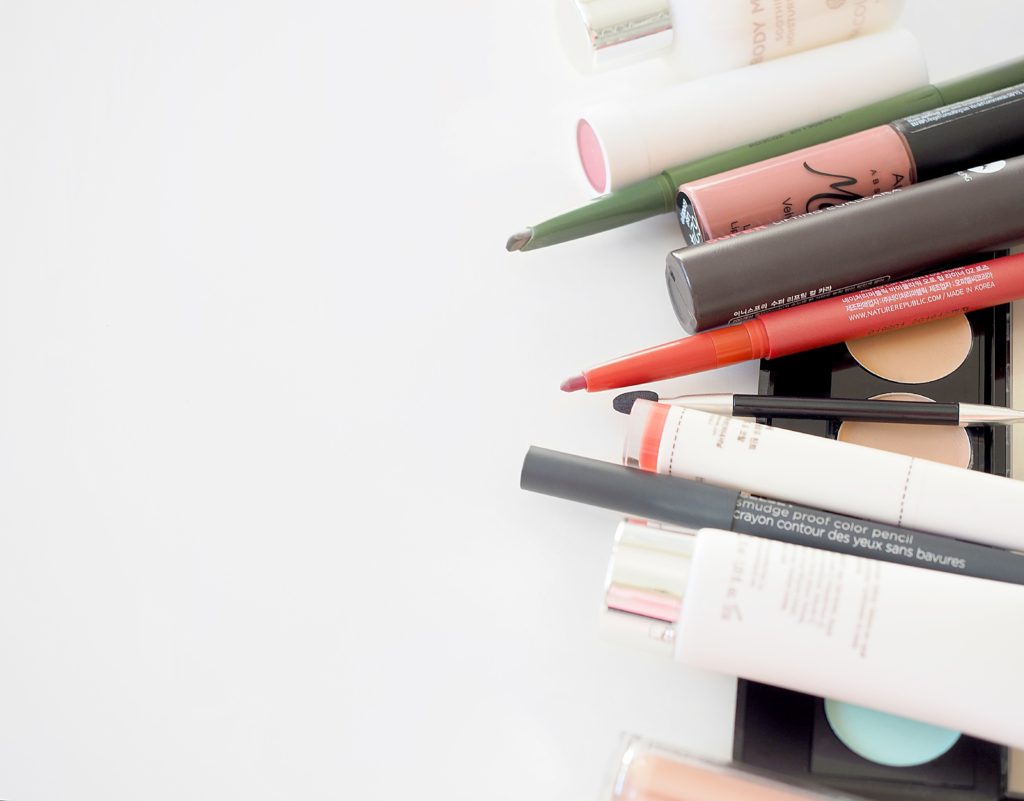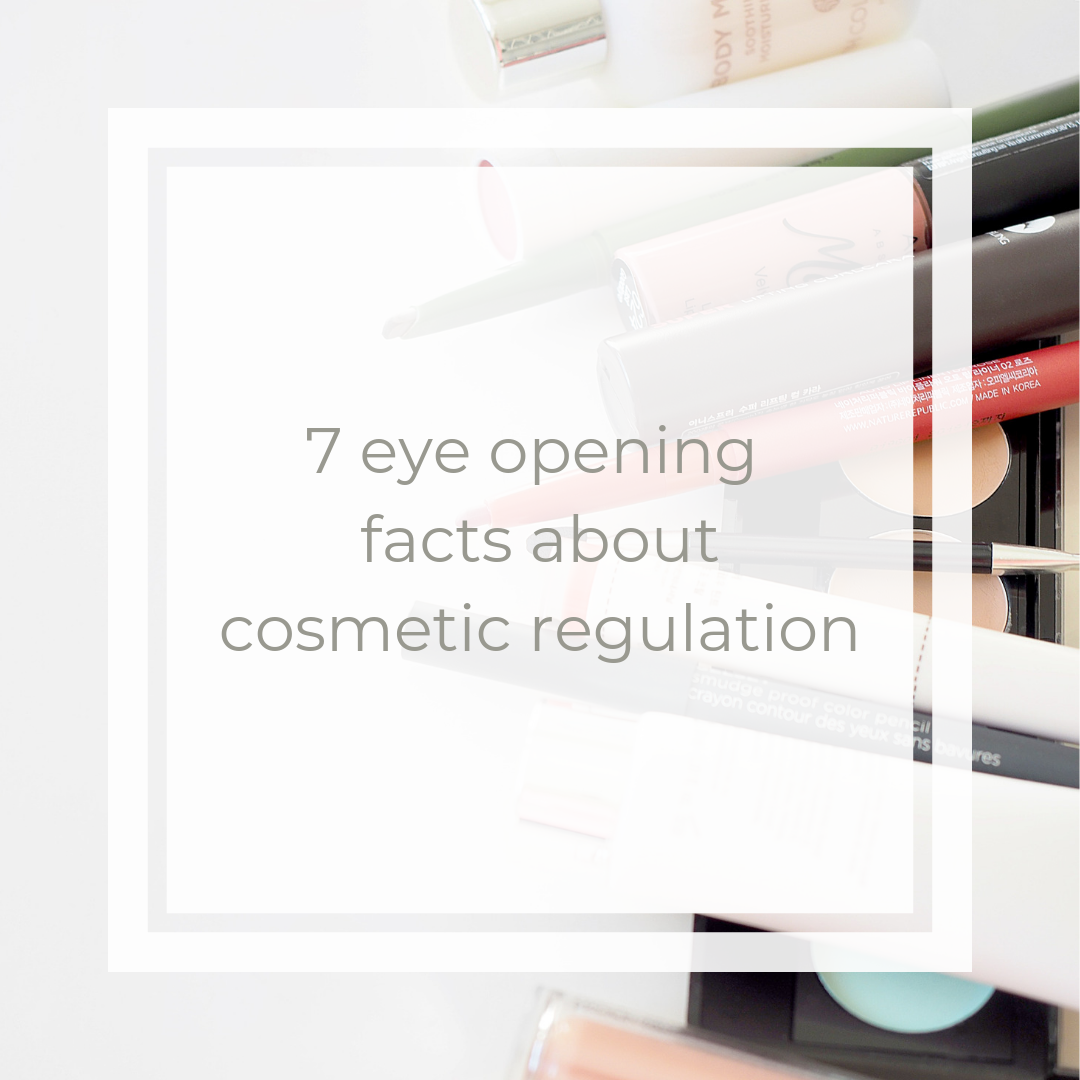7 eye opening facts about cosmetic regulation

I can’t say this is a fact for everyone but I imagine it’s pretty true misconception for the majority of consumers: if products are sold on our shelves, they must be safe. Right? You might be surprised to learn that there is very little regulation when it comes to the personal care industry. Let’s dive in to 7 facts about the personal care industry:
- The last time a major federal law was changed related to cosmetic safety was in 1938.
In 1938 the average cost of a new house was $3,900. A gallon of gas cost 10 cents and a loaf of bread cost 9 cents. The basis of our cosmetic laws is over 80 years old! Time to hit the refresh button. - There are over 80,000 chemicals in the marketplace today. Many of these have not been tested for safety.
We’ve introduced approximately 80,000 chemicals since World War II with about 1,500 new chemicals being introduced annually. We don’t know how human health is being impacted by the majority because most haven’t been tested for human safety. - The United States has banned or partially restricted approximately 30 ingredients from personal care products.
Let’s set a few things straight. The EU has banned or restricted 1,400 ingredients, Canada has banned or restricted about 600. The US? 30. Let’s think about this for a minute. Of the 80,000 chemicals that have been introduced, only 30 are currently banned or restricted in our personal care products. This means that there could be virtually any chemical going into our products without regard to our health. - The FDA cannot recall cosmetics. While they can can request that a company recalls a product, they have no authority to order a recall.
Our expectations as consumers are that if there are safety hazards, companies will be forced to issue a recall. With cosmetics, it’s a different story. The FDA can request that a product be recalled but companies, legally, do not have to recall the products. The FDA can issue public notifications. - Cosmetic products and ingredients are not subject to pre-market approval by FDA
With the exception of color additives, cosmetic products and ingredients do not need to be approved by the FDA before hitting our shelves. This means that the companies and individuals who manufacture the cosmetics are responsible for ensuring the safety of their products. There are no laws or regulations about specific tests to show the safety of products and the law also doesn’t request companies to share their safety information with the FDA. - Fragrance is considered a trade secret and companies do not have to disclose the ingredients used in their fragrances.
The FDA requires cosmetics to have an “ingredient declaration” which is a list of all of the product’s ingredients. However, fragrance is considered a trade secret which means that companies do not have to individually list the ingredients that make up their fragrance. “Fragrance” can contain any number of undisclosed chemicals. - There are approximately two pages of federal legislation to regulate the U.S. cosmetic industry, which is valued at $62 billion in 2016.
There are so many gaps in the cosmetic industry that most consumers are not aware of at all. We put a large amount of trust in the products and companies we purchase products from but when you look behind the curtain, you realize that this is one of the most unregulated industries that we have.
And, let’s be realistic as well. Not every product, every ingredient, every chemical is going to cause harm to us. It’s also extremely challenging to narrow human health issues down to one specific ingredient. But the fact that we leave so much open when it comes to products that we’re slathering on our bodies, and in some cases ingesting, should raise some red flags about what you’re using on a daily basis.


Danielle
September 19, 2019 at 12:31 amSuch an important topic that I think so many people are not aware of. Personal care products was one of the first things I looked at when trying to find cleaner, safer, more natural products to reduce our exposure to toxins. It is a daunting task to say the least. The lack of regulations is shocking!